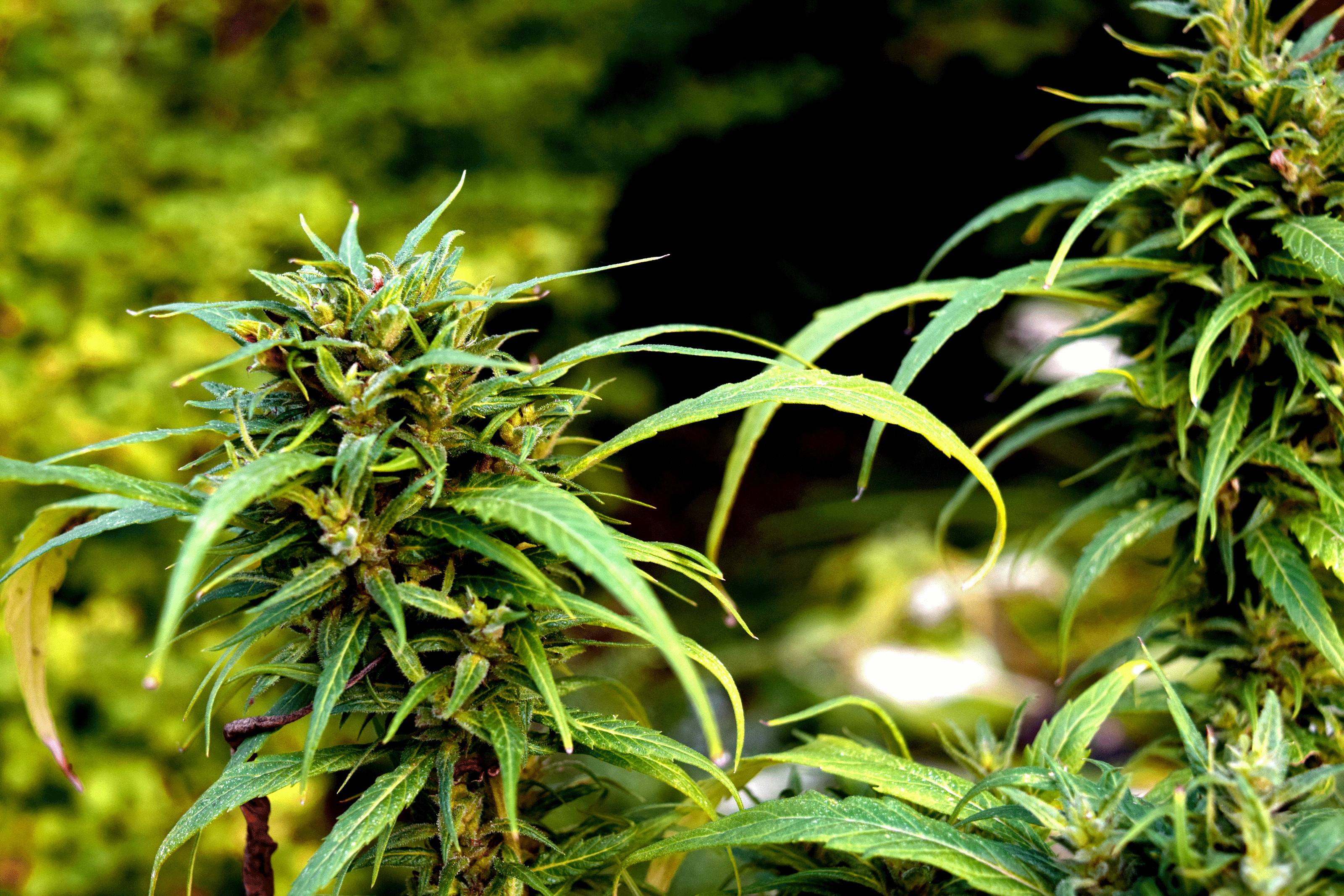Science & Health
Here’s What Researchers Know So Far About How Marijuana Legalization Affects Public Health

Opponents of medical and recreational marijuana laws often raise concerns about their effect on public health, claiming that such policies will result in a rise of cannabis use disorder and the use of other potentially harmful substances. A new review, however, found that while marijuana use does increase among adults—but not teens—after legalization, that doesn’t necessarily mean more people are engaging in risky behavior.
“Research suggests [medical cannabis laws] increase adult but not adolescent cannabis use, and provisions of the laws associated with less regulated supply may increase adult cannabis use disorders,” the paper states. “These laws may reduce some opioid-related harms, while their impacts on alcohol and tobacco use remain uncertain.”
“Research on [recreational cannabis laws] is just emerging, but findings suggest little impact on the prevalence of adolescent cannabis use, potential increases in college student use, and unknown effects on other substance use.”
To understand the relationship between marijuana laws and public health outcomes, researchers in California analyzed studies published between January 2005 and February 2019 that focused on marijuana policy and consumption, as well as alcohol, opioid and tobacco use. They found 42 articles that fit their criteria.
“Understanding how cannabis policies impact cannabis use is key to making subsequent causal claims about their effects on the use of other substances, but it is also an important question in and of itself,” the review’s authors write. “If liberalization does not impact cannabis use, but instead shifts some or all existing use (or potential use) from the illegal to legal market, then arguably such policies are welfare enhancing from a governmental perspective (e.g., increased tax revenues, reduced law enforcement expenditures) and from a consumer perspective (e.g., a safer and more consistent product).”
Here’s a brief look at some of their findings, which were published this month in the American Journal of Drug and Alcohol Abuse:
- Most studies that examined how adolescent marijuana use changed after states approved medical marijuana found that passing such laws had little to no effect on the rate of teen consumption.
- Researchers found that medical cannabis laws (MCLs) were associated with an increase in adult use. “Additionally,” the review’s authors write, “studies that have considered specific provisions of MCLs indicate that increases in adult use are more pronounced for states that adopted laxer policies, such as by allowing retail dispensaries or including nonspecific pain as a qualifying condition.”
- Only five studies in the review’s sample looked at the effects of legalizing recreational marijuana on cannabis use. That’s because many of these laws have only recently been implemented. The review found their results to be mixed, showing “increased use prevalence among youth in some states (Washington and Oregon) but not in others (Colorado) and insignificant effects for adults.” The authors also caution, however, that these early studies have several limitations.
- When they investigated whether MCLs had any effect on cannabis use disorders (CUD), the authors found mixed results among early studies. Later research, however, took a closer look at the specific provisions within them: One study found that states that allowed legal medical dispensaries saw “significantly higher rates of treatment admissions for CUD, both overall and specifically for youth.” The review cautions that “we are just beginning to understand the implications of cannabis liberalization on CUD and lifetime trajectories of cannabis use.”
- Overall, the review’s authors write, it’s difficult to draw conclusions about the relationship between marijuana policy and alcohol use because what research has been conducted so far is minimal and include several limitations. For example, researchers have yet to figure out how to consistently survey current and changing alcohol policy in order to compare it to cannabis laws.
- Although there’s a robust body of research looking into marijuana as a potential treatment for chronic pain in place of opioid medications, the review’s authors say it’s an issue that’s “far from settled by the current state of clinical and epidemiological research.” They point out that many of the studies that show an association between a reduction in opioid misuse and cannabis legalization policies don’t take into account new state laws addressing opioids.
- It’s still unclear how marijuana laws affect tobacco use: One study found that medical marijuana approval was associated with a “significant decrease in the prevalence of cigarette smoking among adults as well as declines in smoking intensity among daily smokers,” while another paper found that older teens increased cigarette use but not cannabis use after medical cannabis laws were enacted.
“Despite the growing attention of researchers, the evidence related to the public health impacts of MCLs or RCLs is inconclusive regarding many of the most important considerations,” the review‘s authors conclude. Not only is more research needed, but a closer look at the nuances of each state’s laws and consideration of how long it takes markets to fully emerge are also important to understand the effects of these policies.
Former FDA Head Hints Feds Should Regulate Marijuana To Protect Public Health
Photo courtesy of Sam Doucette on Unsplash.




